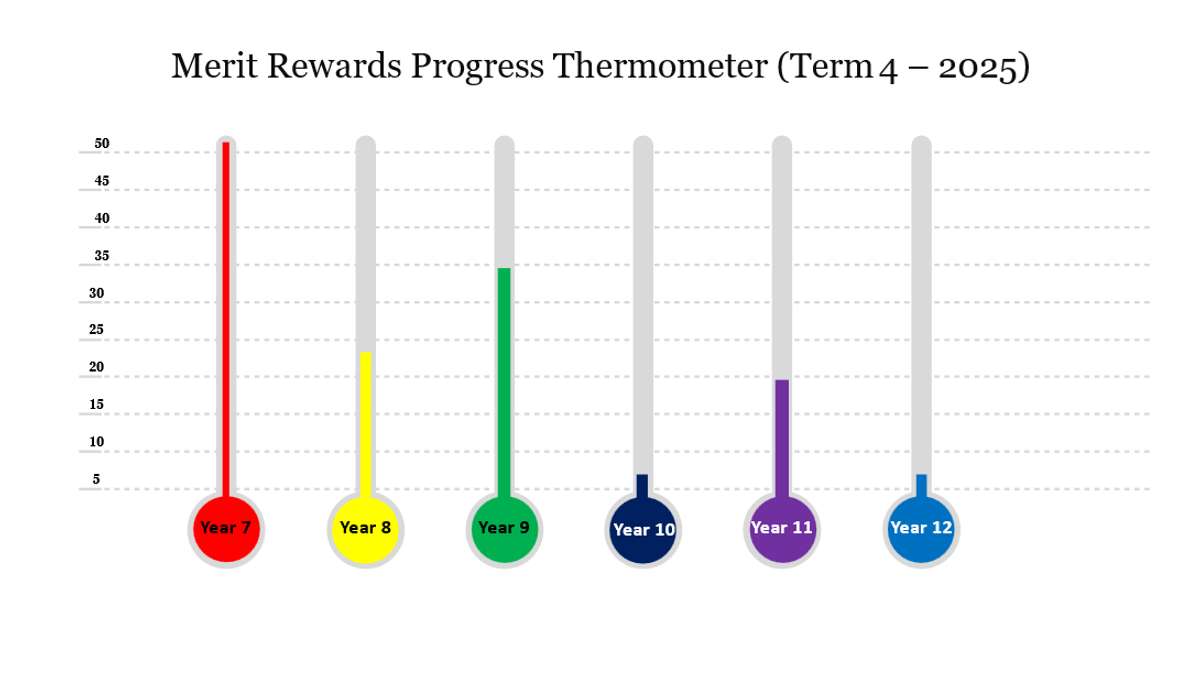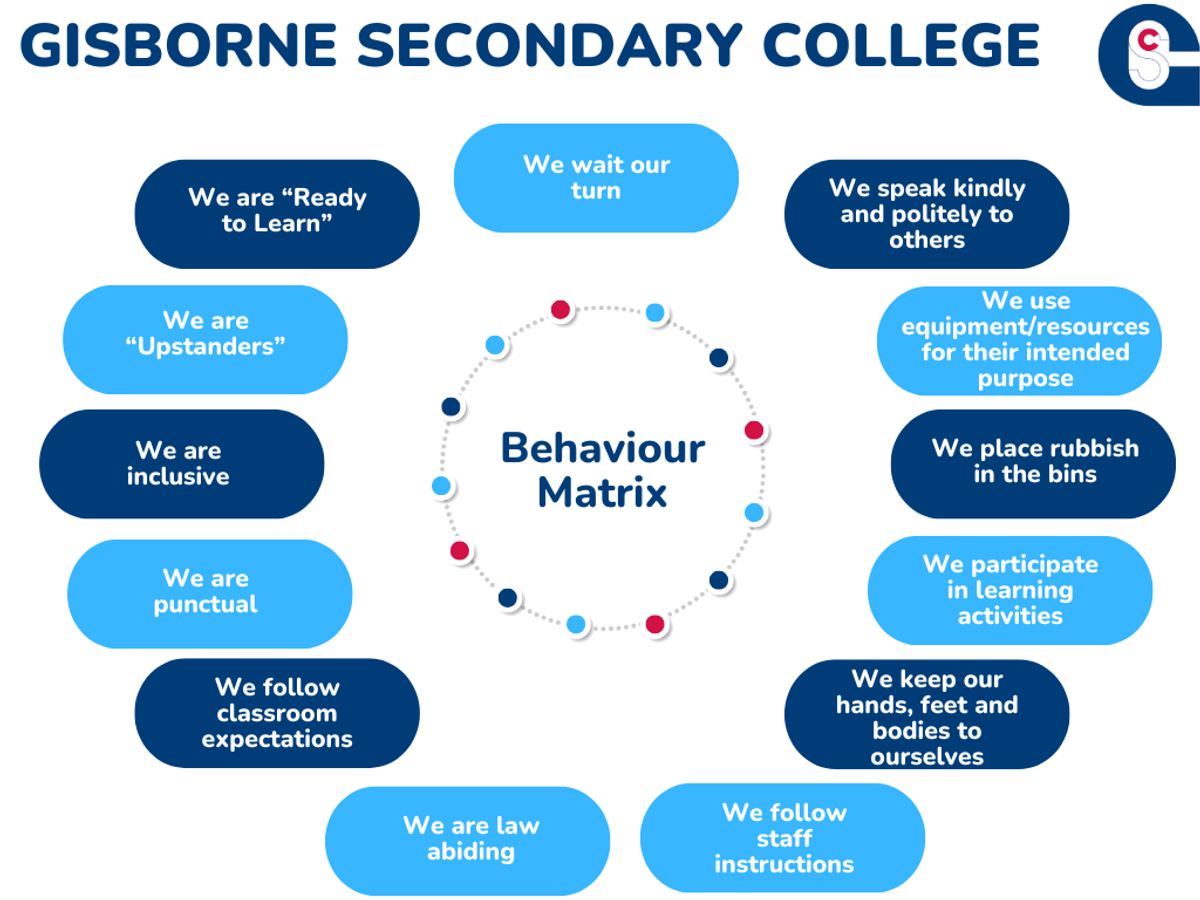School-wide Positive Behaviour Support

School-wide Positive Behaviour Support framework
School-wide Positive Behaviour Support (SWPBS) is a framework that brings together school communities to develop positive, safe, supportive learning cultures. SWPBS assists schools to improve social, emotional, behavioural and academic outcomes for children and young people.
When SWPBS is implemented well, teachers and students have more time to focus on relationships and classroom instruction. Students and staff benefit from:
Respond to challenging behaviour
The following information outlines strategies for addressing behaviour concerns or if a student has a chronic pattern of challenging behaviour.
Successful interventions are built on:
- strong staff-student relationships
- an understanding of the underlying factors influencing behaviour
- an understanding of the immediate triggers for its occurrence.
For example, issuing a lunchtime or after school detention might be an appropriate response to a student who is being highly disruptive in a class. The teacher or staff member would also look to identify the reasons and triggers for the behaviour and address these where possible to reduce future problems.
As ever, the type of disciplinary measure used for challenging behaviour will depend on the nature and severity of the incident. Any decisions made about addressing challenging behaviours at Gisborne Secondary College is always clearly documented and discussed with the student’s parent or carer.
Intervention strategies
Where students repeatedly demonstrate challenging behaviour, Gisborne Secondary College looks to implement more structured intervention strategies as part of a staged response to address the behaviour. Strategies can include:
- Develop a behaviour support plan and/or individual education plan.
- Consider if any environmental changes need to be made, for example changing the classroom set up.
- Explicit teaching of replacement behaviours (recognise students will need time to practice these before they become habit).
- Engage appropriate support services, such as a student welfare coordinator, student support services or community agencies to undertake assessments and/or provide specialist support.
- Establish a student support group to establish the student’s needs and supports required.
- Implement appropriate disciplinary measures that are proportionate to problem behaviours.
- Consider alternative learning or behaviour management options such as alternate settings or re-engagement programs.
Top 3 Merit Performers in Each Year Level
Year 7 | Year 8 | Year 9 | Year 10 | Year 11 | Year 12 |
Madison B | Shuyu H | Maya M | Olive P | Bridie H | Jayde K |
Jack M | Flynn J | Breanna E | Eden B | Thomas F | Hunter C |
Neeve K | Phoebe B | Alex E | Cassius T | Lily H | Annie B-S |
Expected Behaviours Matrix


